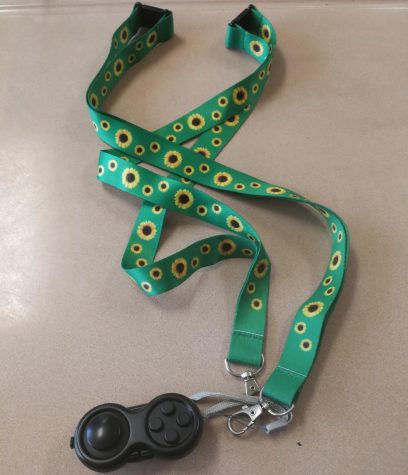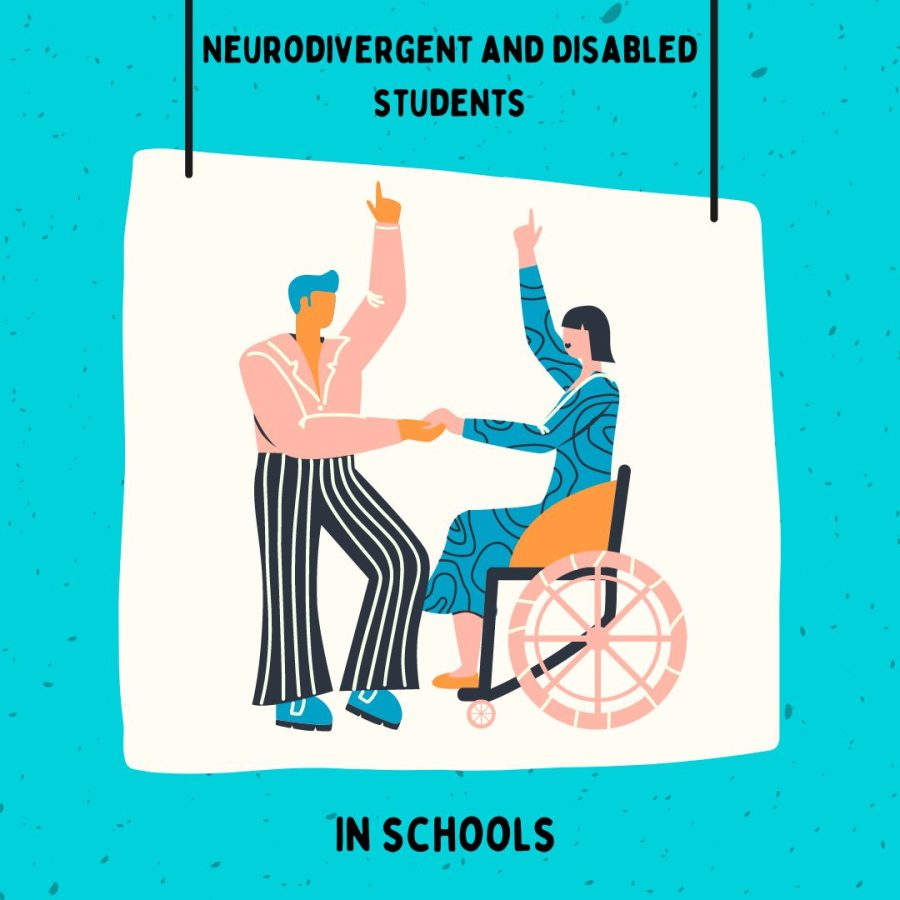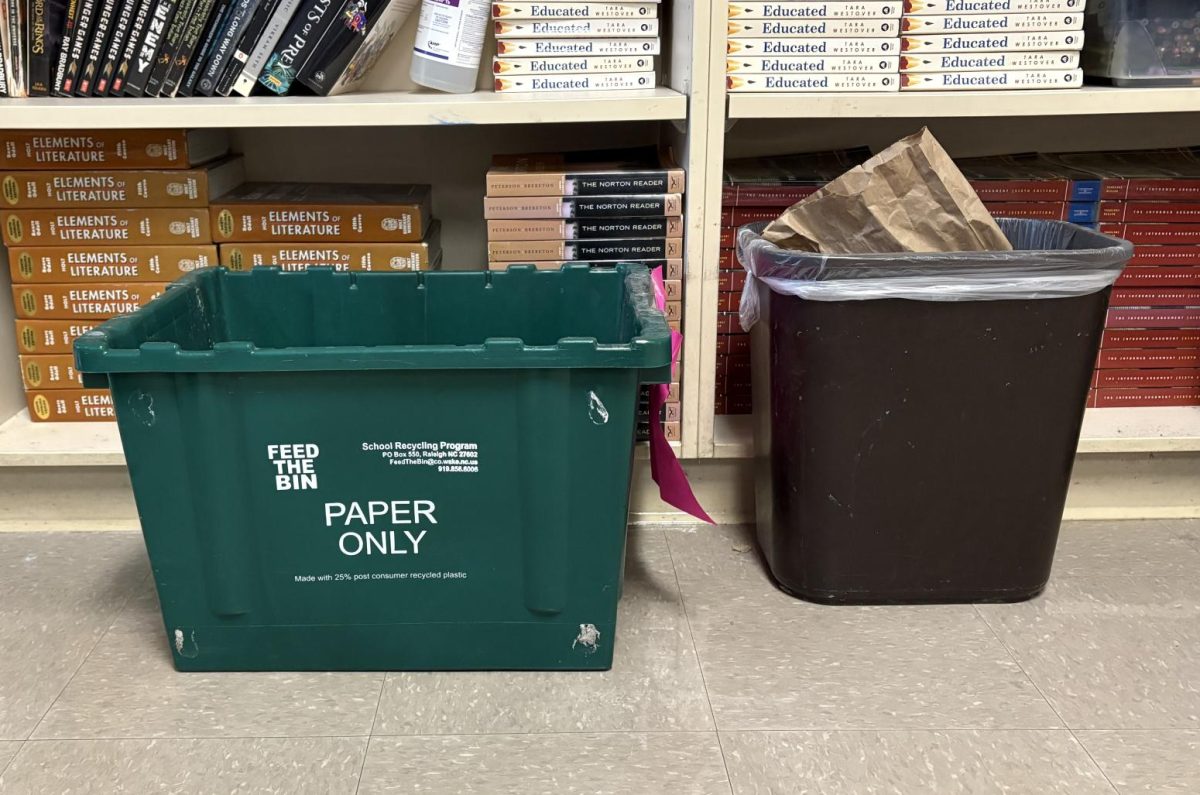
Struggling in school is an almost universal experience. But, if you’re neurodivergent or disabled, school can be even harder in ways that others don’t understand. According to the National Center for Learning Disabilities 2017 report, 1 in 5 children experience significant issues with learning due to underlying cognitive differences. Many times, something that seems normal and easy for some can be a difficult experience for others.
With too bright fluorescent lights, quick-timed tests, and banned fidget toys, classrooms create an overwhelming environment, leaving neurodivergent students to fend for themselves.
Some tests require completion in a short period of time, which is rather challenging. The added stress of a timer on the board causes more anxiety, they may panic and circle a wrong answer.
One way that neurodivergent students can cope with stressors like these is with fidget toys. Something as simple as doodling on the corner of the paper or playing with their pencil under the table can be enough to keep their hands occupied so their mind can focus on the content. However, one annoyed teacher can prevent this strategy from being used, and that doubles the difficulty of learning in class.
Changing classrooms can also be problematic for neurodivergent and disabled students. Transition periods are difficult due to the crush of people in the hall, making it hard to move to class efficiently. Though mobility aid can sometimes solve that issue, it may be difficult to use in a crowded hallway without enough functioning space– let alone space for a cane in their hand or a wheelchair. And if you have to leave for a bathroom break, you can’t leave in the first or last 10 minutes of class, which means there are giant 25-minute chunks of the day when you can’t leave to use the restroom, which isn’t just a problem for disabled students. Understandably, it’s to keep track of people skipping, but it also causes a struggle.
Some neurodivergent students have a hard time listening. Whether it’s too much background noise, auditory processing delays, or straight-up deafness, there are many reasons why listening can be impaired. Although these things can often be simply helped with strategies, they often aren’t. Headphones, unplugged or disconnected, can drown out background noise so people can hear the conversation in front of them or ignore the other conversations so that they can focus on work. And captions can easily help people with auditory processing issues or deafness, but often aren’t available or aren’t used. If teachers would turn them on automatically, or default to only finding videos with them, it would prove to be helpful.
It’s not that neurodivergent students are rare. A study of students with documented learning disabilities shows that the number of students in that category has dramatically increased in the last 10 years. School can be a whirlwind of sensory input and struggles for many. But, with a few shifts in school policy, it could be a lot better an experience for disabled and neurodivergent students.







